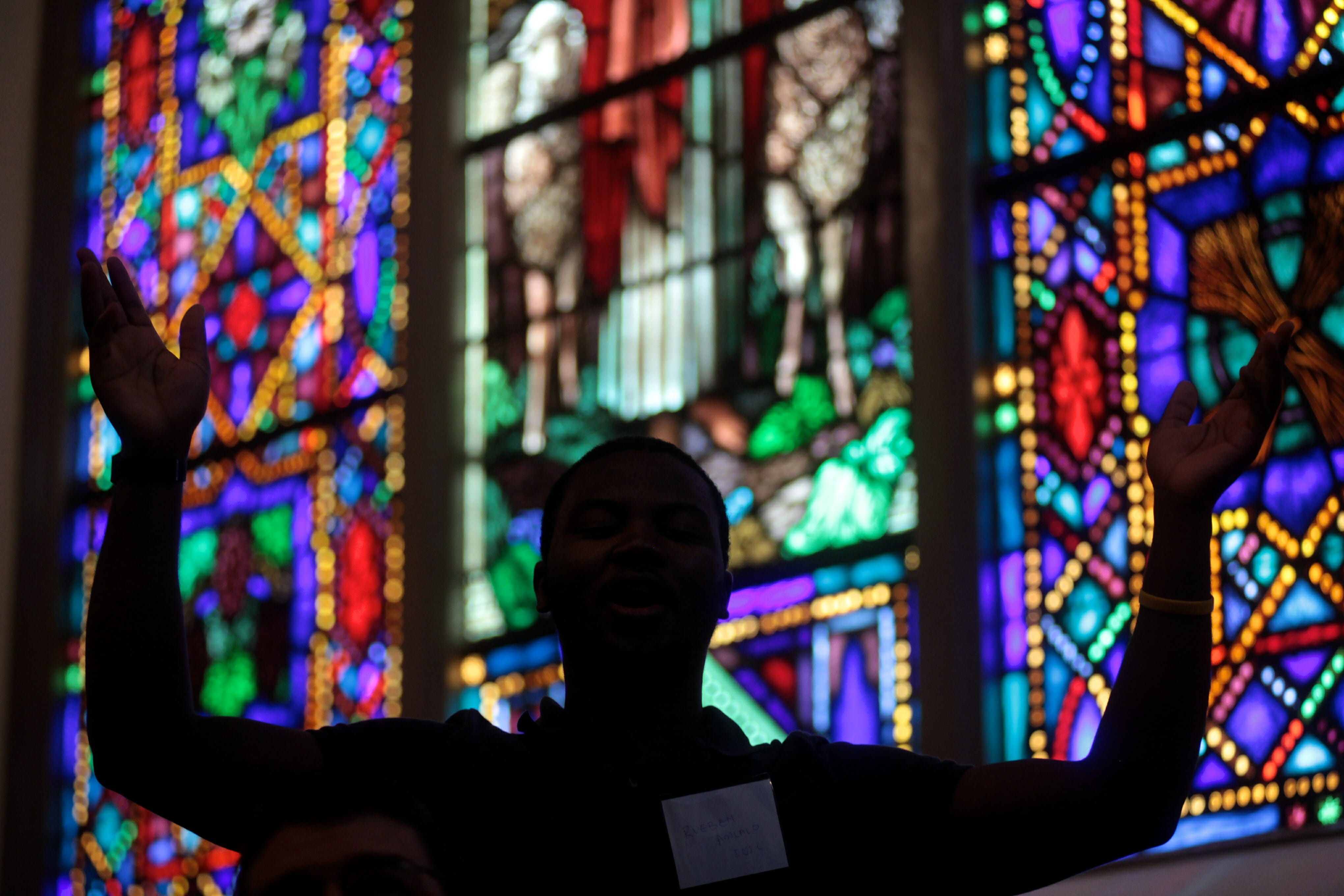Part 2 in our series on white privilege and white guilt, for people of all races. In the previous article, Pastor Jay Simmons challenged us last week to engage one another graciously. Here, Amy Pedersen gives a clear definition of privilege and offers practical steps for starting a conversation with friends. The most important pieces of this preparation? Confession, confidence, and patience.
You care about racial justice in our city. You want to fight racism. But some of your friends couldn’t care less. They don’t want to talk about Ferguson, they don’t want to talk about systemic injustice, and your white friends certainly don’t want to talk about white privilege. “I don’t know what you’re talking about,” they say, “I’m not privileged. I worked hard to get where I’m at. I’m not a racist.”
These people aren’t evil or hateful, they simply don’t understand and don’t know why they should care. Their attitude represents both a failure of education and of imagination. First, education. Some have simply have never heard these concepts and are struggling to unlearn lessons they have been taught all their lives. These are painful lessons and you must have patience with your brothers and sisters, listening to their struggles with grace and sympathy.
We inherited our divisions, but that doesn’t mean that we can’t do the hard and thankless work of walking away from them.
Privilege is often invisible because it is the absence of something—the absence of fear or harassment or exclusion. Some white people respond viscerally the first time they hear the term “white privilege” because it feels like judgment, like you are saying they are personally an entitled or hateful person simply because of their race. Sometimes it is best to start by using words like, “unfair, unasked-for advantages.”
These advantages don’t mean that white people don’t have to work for what they have, they simply start the race 50-meters ahead and with fewer hurdles in their lane. We all started this story in mid-sentence. We inherited our divisions, but that doesn’t mean that we can’t do the hard and thankless work of walking away from them.
Many people don’t feel like they have privilege because they grew up poor or excluded in some other way. Their gender or disability or economic level has made their life more difficult. A person who brings up their own disadvantages is actually in an ideal place to understand white privilege. They have experienced the other side of privilege first-hand. They can understand what exclusion feels like. Race isn’t the only kind of power that has been misused in our society. All power that is put in human hands is twisted to our own sinful ends.
Having some disadvantages doesn’t mean you don’t have other, undeserved advantages or vice versa.
Many people need to have many, many painful and frustrating conversations. They need to work through these concepts over a period of days, weeks, or months. Give them time and grace, while encouraging them to keep talking. Remember that there was a time when you didn’t understand and try to be patient and kind.
No matter how many facts are exchanged, these arguments usually aren’t about logic at their core. Instead of falling into pointless arguments over details, try to look for the feelings that underlie the arguments and engage with those emotional reactions.
Defensiveness or anger may be a visceral reaction to a person’s own sense of fairness: they don’t want to believe that they live in a society that is steeped in injustice. Apathy may be a way of avoiding deeply painful topics: they don’t want to believe that they have power that has been used wrongly in our society.
Christians are the family of God. We are called to love our neighbor and to confront sin in our culture and in our own hearts with the same grace that God has shown to us. Educating ourselves on these issues, refusing to look away from our brothers’ and sisters’ suffering, is one of the ways we can love our neighbor.
It will be a long and difficult road, but we are called to keep walking it.
photograph courtesy of Neil E. Das.


